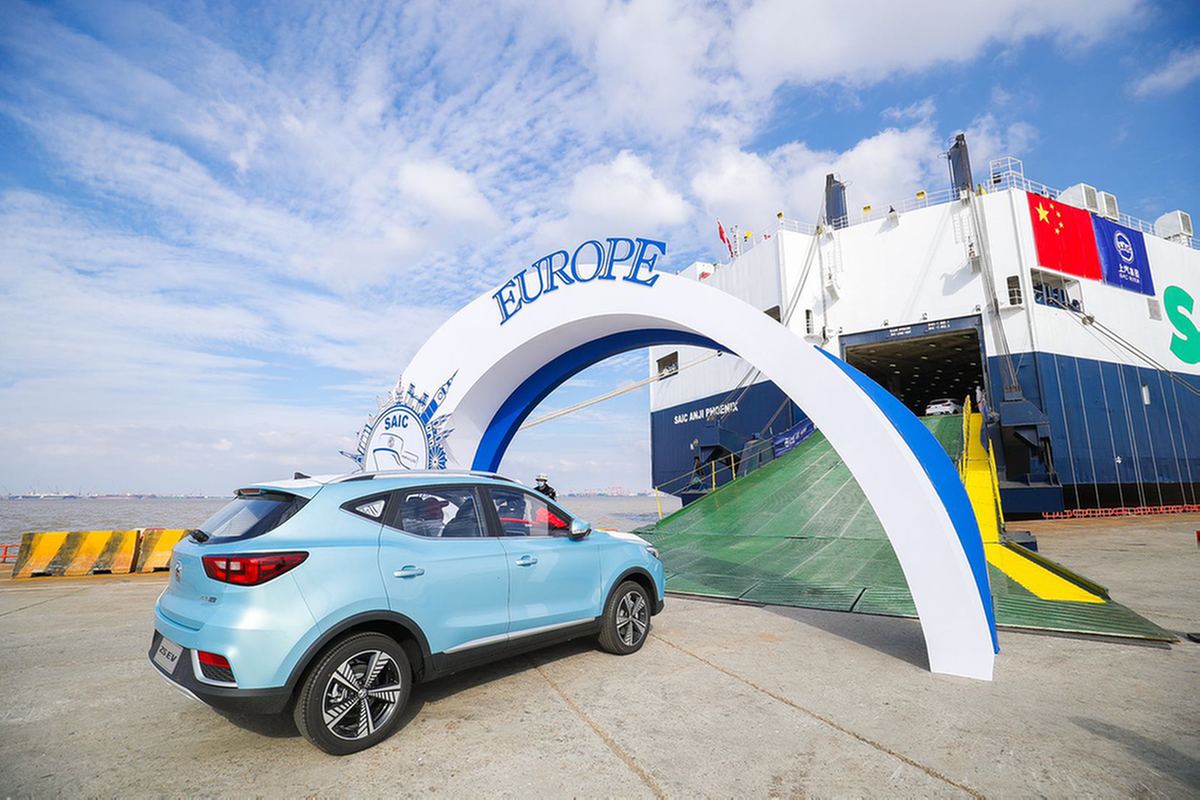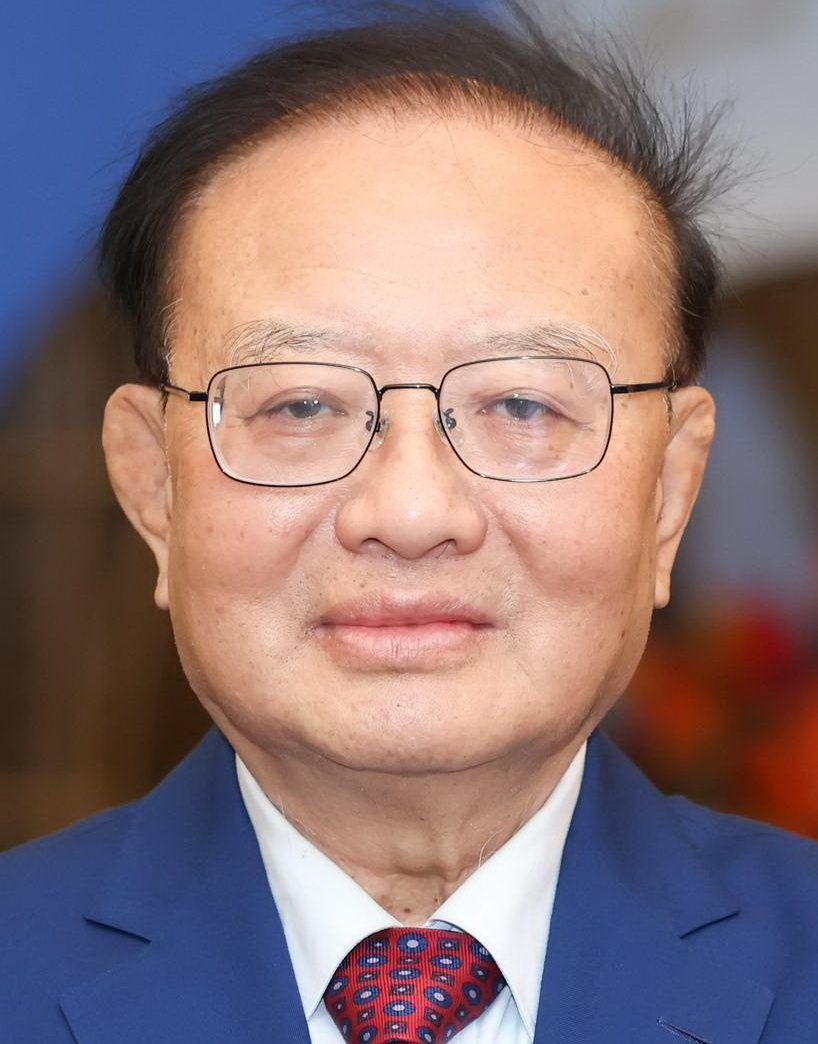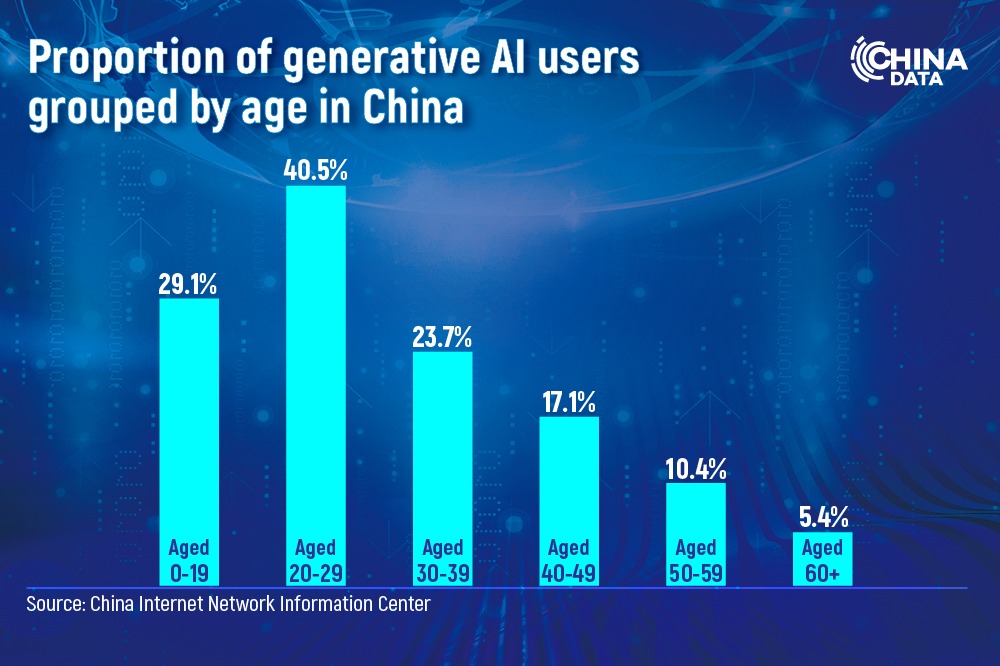EU urged to seek 'win-win' tariff position
Imposing duties has never effectively addressed trade issues, ex-official says


The European Union should adopt a mutually beneficial approach to resolve the trade issue over its anti-subsidy case with Chinese electric vehicles, as such an approach aligns with the bloc's interests, said Wei Jianguo, China's former vice-minister of commerce.
Imposing tariffs has never effectively addressed trade issues. Instead, it burdens consumers on both sides and fails to foster greater economic cooperation, said Wei, who is also a member of the senior expert consulting committee at the Beijing-based China Center for International Economic Exchanges.

Wei's remarks are in response to the EU's wavering stance on imposing tariffs on Chinese EVs. He said Brussels' inconsistent approach is influenced by the United States' position on China and an attempt to contain China's development.
Calling this strategy flawed, he noted that "a mutually beneficial, win-win approach that respects the interests and development pace of both parties is crucial for achieving better outcomes in trade negotiations".
Regarding the progress of the consultations, the Ministry of Commerce said in mid-December that China hopes the EU will take concrete steps as soon as possible to jointly advance consultations on a price commitment plan for Chinese EVs.
China always stands for the resolution of trade frictions through dialogue and consultation, and has been doing its utmost in the price commitment talks, according to the ministry.
Wei said that the EU's tariff imposition approach toward Chinese EVs has tarnished the body's image — particularly its reputation for promoting trade and investment facilitation as well as liberalization — and ultimately harms European consumers.
"Such measures harm both bilateral and multilateral trade, offering no benefits to the global economy," he added.
With a new administration due to take office in the US next month, other market watchers said that both China and the EU have a mutual interest in preventing the escalation of trade conflicts and stabilizing economic and trade relations between both sides, particularly as the EU seeks to attract Chinese EV technologies and supply chains.
Amid significant pressure on the European economy, it would be rational for the EU to avoid escalating trade tensions. This is essential for European countries to sustain their economic and foreign trade growth, said Zhou Mi, a researcher at the Chinese Academy of International Trade and Economic Cooperation in Beijing.
Zhang Xiang, an auto industry researcher at Beijing-based North China University of Technology, said that the growth of China's new energy industry, including EVs, solar and wind power, is closely tied to the expected surge in demand, and the country has also fostered a favorable environment for foreign firms.
Major auto players such as Germany's BMW and Mercedes-Benz, Tesla from the US, and Japan's Toyota have all set up EV production facilities in China.
According to the Paris-based International Energy Agency, global demand for EVs is expected to reach 45 million units by 2030, about four times the level in 2022.
Apart from importing a large number of EVs from other parts of the world — especially Germany — China imports a significant amount of auto components, such as lighting, braking systems, tires and shock absorbers. Chinese exports also include EVs manufactured by foreign companies, said a recent macroeconomic report by the Development Research Center of the State Council.
For instance, Tesla alone accounted for 28.6 percent of China's EV exports in 2023, said the study.
Better-developed China-EU business ties would encourage more Chinese companies to expand in the European market, while also helping the EU attract foreign investment and accelerate its green transformation, said Zhang.
China's trade with the EU grew by 1.3 percent year-on-year to 5.09 trillion yuan ($697.34 billion) during the January-November period, accounting for 12.8 percent of the country's total foreign trade value, said the General Administration of Customs.




































